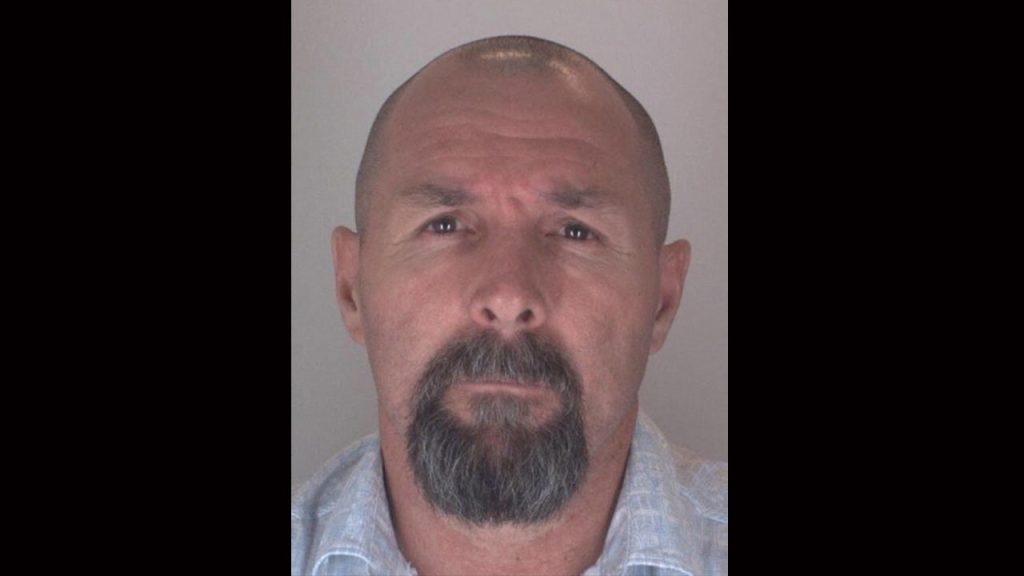In a significant prisoner swap between the Biden administration and Moscow, 16 American and German nationals were released from captivity in Russia and Belarus in exchange for the freedom of eight Russians. Among those freed was Vadim Krasikov, a high-ranking colonel in Russia’s FSB intelligence agency, who was involved in the 2019 assassination of a former Chechen commander in Berlin. Krasikov, who used the cover name Vadim Sokolov, is believed to be a valuable asset for Russian intelligence, with knowledge that can be used to improve future operations and train new operatives. Despite denying his involvement in the assassination, Krasikov was identified by Ukraine’s Security Service through footage from his second wedding in 2010.
The prisoner swap required the release of Krasikov, placing pressure on German Chancellor Olaf Scholz to make concessions. The German government emphasized the importance of protecting its nationals and showing solidarity with the United States in carrying out the swap. President Biden expressed gratitude to Chancellor Scholz and other countries that participated in the negotiations, highlighting the importance of strong international relationships in resolving such complex situations. The swap involved prisoners from multiple countries and was described by National Security Advisor Jake Sullivan as a culmination of extensive negotiations over several months.
The exchange included the release of American journalist Evan Gershkovich, former Marine Paul Whelan, and Russian-American journalist Alsu Kurmasheva, as well as legal permanent resident Vladimir Kara-Murza. Additionally, 12 German nationals who were held as political prisoners in Russia were part of the swap. The White House highlighted the unprecedented level of cooperation among U.S. partners and allies in facilitating the swap and noted the relief experienced by the individuals who had been unjustly detained for various periods of time. President Biden praised the diplomatic effort that led to the successful resolution of the prisoner swap.
Vadim Krasikov’s involvement in the assassination and subsequent imprisonment had drawn international attention, especially due to the potential role he played in Russian intelligence operations. His status as a high-ranking FSB official made his release a significant priority for Putin’s government, showcasing the lengths to which Russia was willing to go to secure Krasikov’s freedom. The successful negotiation of the swap highlighted the diplomatic prowess of the Biden administration and its allies in navigating a complex and sensitive situation involving multiple countries and individuals.
The prisoner swap with Moscow marked a rare instance of cooperation between the United States and Russia in recent years, harkening back to the dynamics of the Cold War era. The release of American and German nationals from captivity was a moment of relief for the individuals involved and their families, signaling the end of a period of suffering and uncertainty. The swap underscored the importance of diplomatic efforts in resolving international disputes and securing the freedom of unjustly detained individuals. The successful resolution of the exchange was seen as a significant achievement in international diplomacy and highlighted the power of collaboration among nations in addressing complex challenges.


